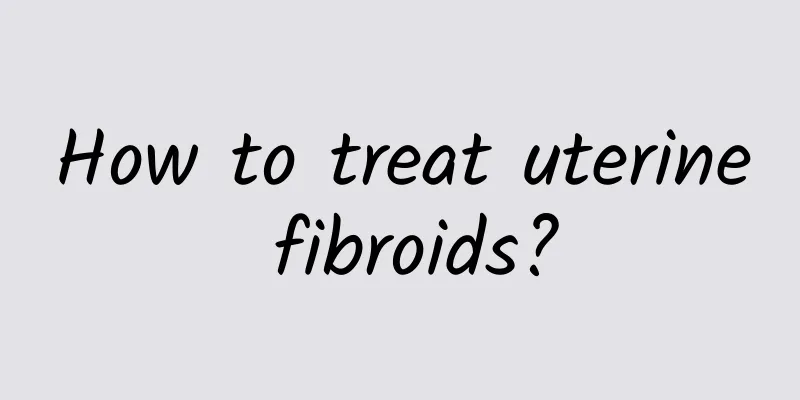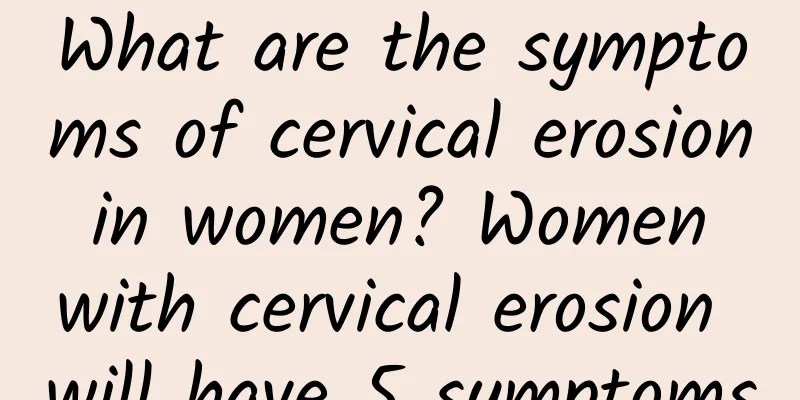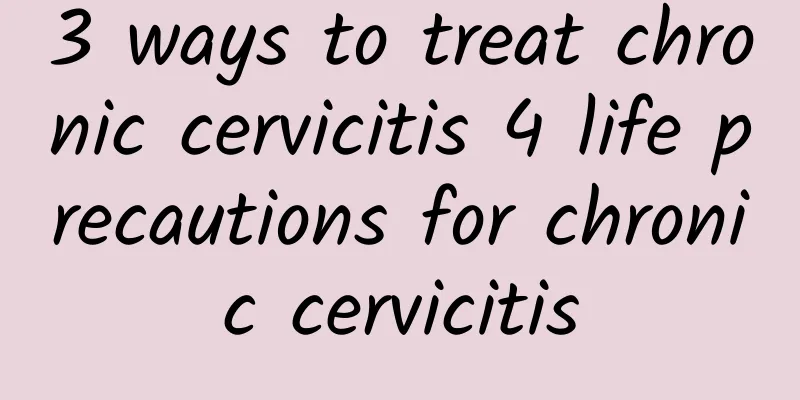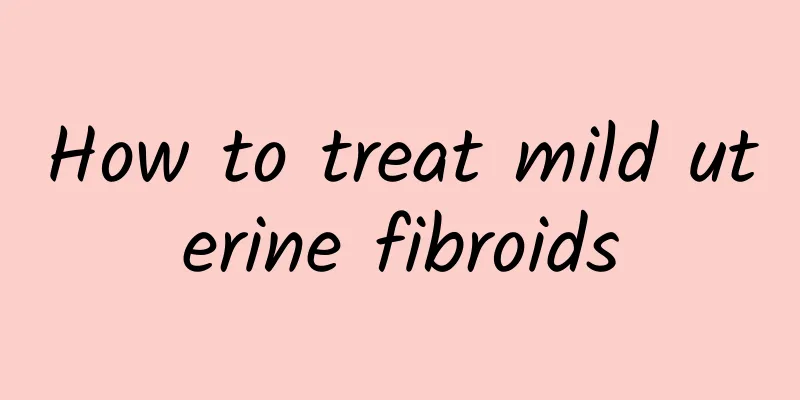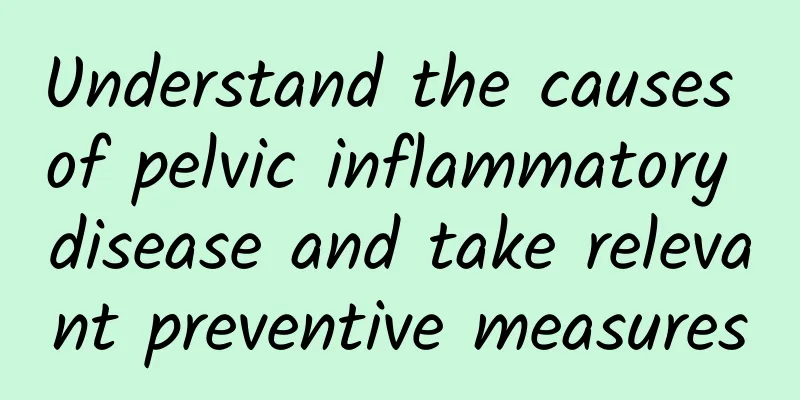Causes of female vulvar pruritus
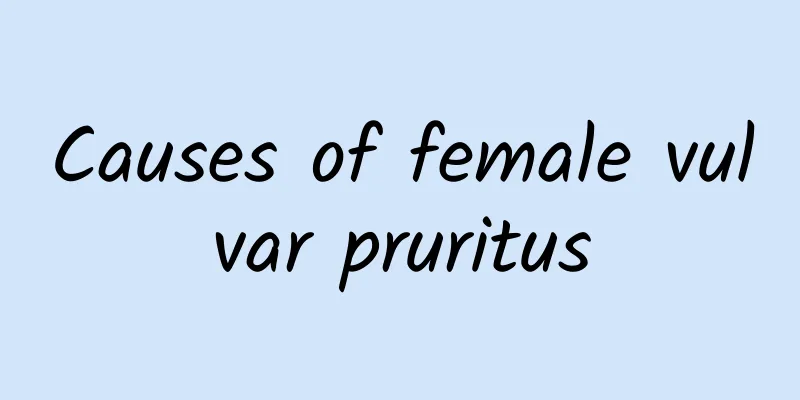
|
Vulvar itching in women is often caused by a variety of factors, including genetics, environmental changes, and physiological changes, which require a comprehensive understanding to find the right solution. Genetic factors may make some women more susceptible to vulvar itching, and family history may increase the risk. Environmental factors such as moisture, chemical irritation, or improper use of hygiene products may also cause itching, especially non-breathable clothing or detergents containing harsh chemicals. Physiological factors such as hormonal changes, immune system abnormalities, or internal diseases such as diabetes may interfere with skin health and induce vulvar itching. To treat vulvar itching, the cause must be determined first and the appropriate method should be used according to the situation. Medical treatment may include topical steroid ointments to reduce skin inflammation; antifungal drugs if the itching is caused by a yeast infection; and antihistamines for itching caused by allergies. For mild discomfort, local washing with warm water, avoiding irritants, and wearing breathable cotton clothing can be used. If symptoms persist or worsen, you should see a doctor in time and undergo necessary medical examinations to rule out potential serious health problems. To treat vulvar itching, the cause must be determined first and the appropriate method should be used according to the situation. Medical treatment may include topical steroid ointments to reduce skin inflammation; antifungal drugs if the itching is caused by a yeast infection; and antihistamines for itching caused by allergies. For mild discomfort, local washing with warm water, avoiding irritants, and wearing breathable cotton clothing can be used. If symptoms persist or worsen, you should see a doctor in time and undergo necessary medical examinations to rule out potential serious health problems. To prevent vulvar itching, you should pay attention to daily hygiene and healthy living habits, including a balanced diet and moderate exercise to enhance immune function. In daily life, you can choose to use mild and non-irritating care products, keep the vulva clean and dry, and try to avoid wearing tight clothing for a long time. A healthy lifestyle not only helps reduce the occurrence of vulvar itching, but also contributes to overall health and reduces the risk of related complications. If itching occurs frequently or is difficult to relieve, it is recommended to seek help from medical professionals for targeted treatment. |
<<: What is the cause of cervical cyst after uterine fluid accumulation
>>: What are the sequelae of severe adnexitis?
Recommend
What are the minimally invasive treatments for uterine fibroids?
Minimally invasive treatments for uterine fibroid...
It is necessary to pay attention to the causes of ectopic pregnancy in time
Ectopic pregnancy is a very common gynecological ...
How to prepare for pregnancy with habitual miscarriage? What should patients with a history of habitual miscarriage pay attention to?
If a woman has experienced habitual miscarriages ...
Solve the problem of irregular menstruation with an easy life
The key to preventing irregular menstruation is t...
Experts introduce common precautions after uterine fibroid surgery
After uterine fibroid surgery, the patient's ...
Does pelvic effusion have a big impact on fertility?
When facing pelvic effusion, some patients think ...
Fructooligosaccharides help you lose weight! Just eat bananas and onions
The weather is getting hotter and you are wearing...
I got my period 13 days after having an abortion. What’s going on? Is it normal?
It is generally abnormal to have menstruation 13 ...
The causes of dysmenorrhea vary among women of different ages
Generally, primary pain often occurs during adole...
What is vaginal prolapse and what are its main causes? Women should avoid this social embarrassment
Ms. Li, a woman who is vigorous and decisive in t...
Learn more about the causes of recurrent vaginitis
Vaginitis is a common gynecological inflammation ...
How to Treat Bartholinitis with Traditional Chinese Medicine
What is the Traditional Chinese Medicine treatmen...
How to treat breast pain before menstruation?
How to treat breast pain before menstruation? Pre...
What is the most effective way to treat cervical erosion?
Drug treatment It is suitable for patients with a...
Experts reveal how to relieve sudden dysmenorrhea
Dysmenorrhea, I believe many female friends are v...
